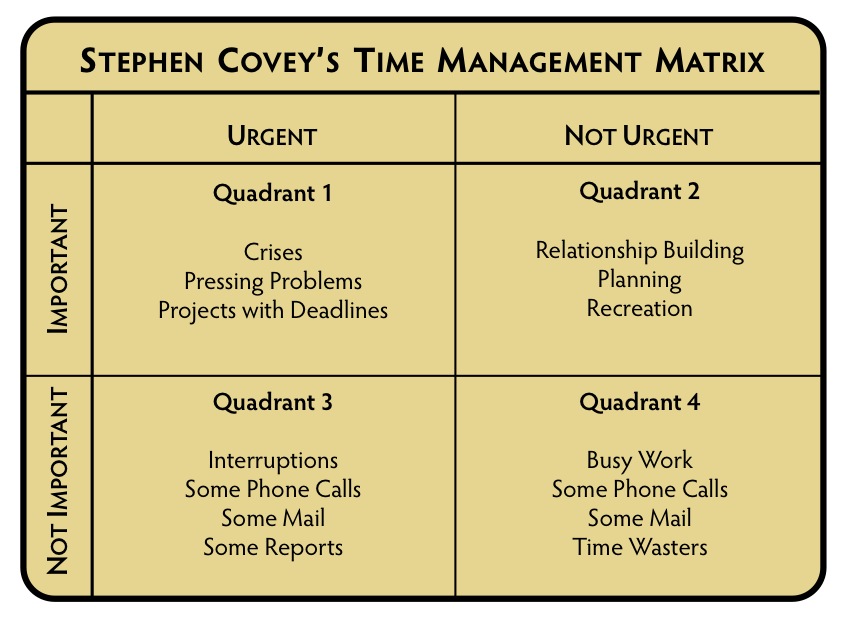3 Ways to Stop Wasting Time During Board Meetings
 Time may be a church board’s most valuable commodity. There are limited opportunities for a board to gather together and when the collective hours of each person are considered, we realize just how high the stakes are to use this time wisely.
Time may be a church board’s most valuable commodity. There are limited opportunities for a board to gather together and when the collective hours of each person are considered, we realize just how high the stakes are to use this time wisely.
You are likely aware of the ways that time can be poorly used during church board meetings. We know that time is sucked up when rabbit trails are blazed and when irrelevant questions are asked. We understand the inefficiencies of starting late and having members “contribute” when they haven’t prepared. But there are other ways that boards waste time even though they may seem like essential elements. Here are three ways your board can stop wasting time during your meetings:
Use Your Agenda as a Tripwire
Your board’s agenda is a powerful way to manage your meeting time. Make sure to sequence the most important items first. All too often, critical elements are listed at the end when time is running out and the board’s capacity to reach a decision has already expired.
In his book called Governance and Ministry, Dan Hotchkiss recommends asking two questions before a meeting begins: “When will we go home?” and “What will we accomplish before we go?” This strategy will force your chairperson to set a deadline and work backwards when the agenda is being created. When this is done, you’ll find that the unimportant items will be left to the end which is where they rightly belong. Hotchkiss explains that the goal is not to end on time, but to use your time well. A properly prepared agenda will help you stick to your priorities and be faithful to what’s critical.
You may find it helpful to include time limits for each agenda item. Doing so will give your chairperson the permission to stop the discussion and ask if the board is ready to reach a decision. Larry Perkins explains, that this tripwire will empower the chair to decide if and when additional time will be granted instead of having one discussion dominate the entire meeting (refer to his recommendations on agenda preparation and management).
Eliminate Verbal Reports
Reporting is a necessary function of church board life. But reporting is always focused on the past whereas board leadership should be primarily concerned about the future (I credit Larry Perkins for making this excellent point).



